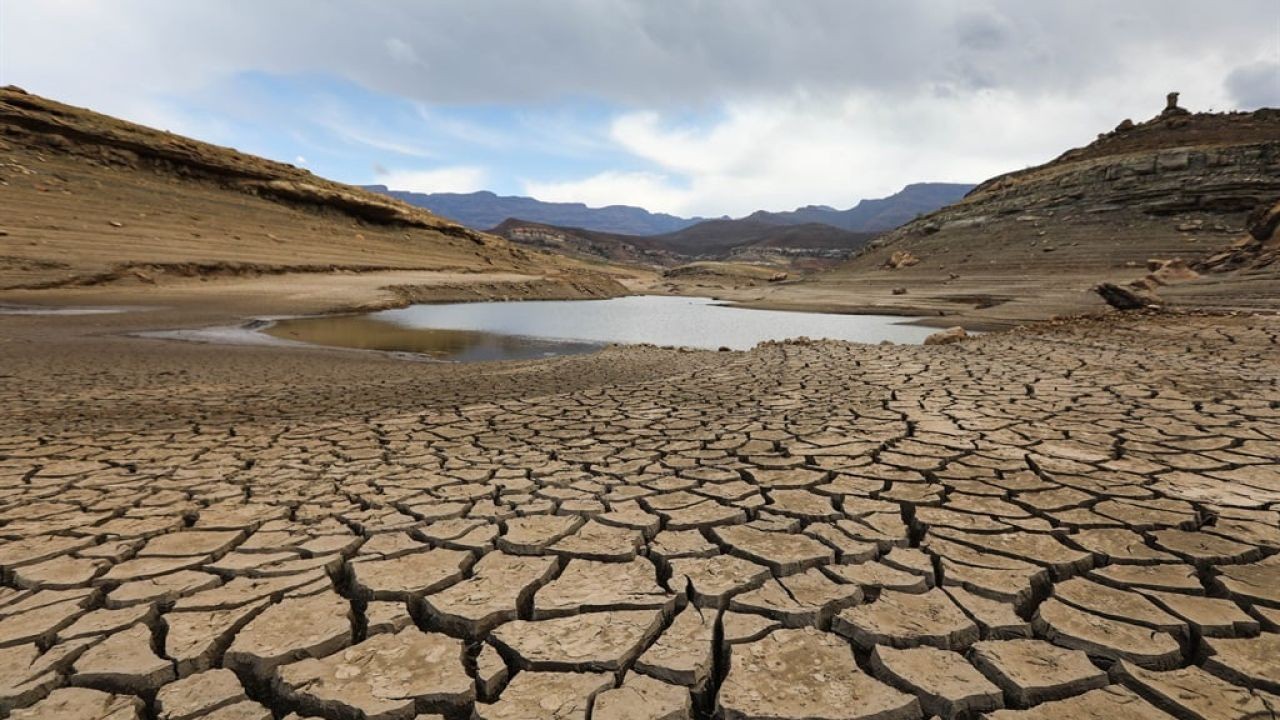New Zealand, often lauded for its pristine landscapes and biodiversity, sits at a unique crossroads in the global conversation on environmental conservation. While its commitment to sustainability is evident, the question remains: what role does New Zealand play in the broader context of global conservation efforts? As other countries grapple with climate change, deforestation, and pollution, New Zealand's approach offers both inspiration and cautionary tales.
Future Forecast & Trends
New Zealand’s environmental policies are evolving rapidly, with the government committing to net-zero carbon emissions by 2050. This ambitious goal aligns with the global push for climate action, positioning New Zealand as a potential leader in sustainable practices. According to Stats NZ, the country's renewable energy consumption was approximately 40% in 2022, showcasing its dedication to reducing reliance on fossil fuels.
In the agricultural sector, which is a significant part of New Zealand’s economy, innovations are underway to reduce methane emissions from livestock, a major contributor to greenhouse gases. The Ministry of Business, Innovation and Employment (MBIE) has funded several research projects focusing on sustainable farming practices, indicating a strong governmental push towards greener agriculture.
However, challenges persist. New Zealand's heavy reliance on tourism, which accounted for about 5.8% of GDP pre-COVID, presents a double-edged sword. The need for economic recovery might pressure the government to prioritize tourism growth over environmental concerns. Strategic planning and sustainable tourism practices will be crucial in balancing these competing interests.
Case Study: Fonterra – Pioneering Dairy Sustainability
Problem: Fonterra, a leader in New Zealand’s dairy industry, faced criticism for its environmental impact, particularly concerning water usage and greenhouse gas emissions.
Action: In response, Fonterra launched several initiatives aimed at sustainability, including the introduction of low-emission milk and investment in renewable energy for its processing plants.
Result: Within five years, Fonterra reduced its carbon footprint by 30%, showcasing a viable path for the dairy sector towards sustainable practices.
Takeaway: This case underlines the potential for traditional industries to innovate and adapt to environmental challenges, setting a precedent for others in the sector.
Myth vs. Reality
Myth: New Zealand is already doing enough for environmental conservation.
Reality: While progress is notable, challenges like biodiversity loss and water pollution remain significant. Continuous efforts and policy enhancements are needed to address these issues effectively.
Myth: Sustainable practices are too costly for businesses.
Reality: Contrary to this belief, a report from the Reserve Bank of New Zealand highlights that businesses implementing sustainable practices experience long-term cost savings through energy efficiency and waste reduction.
Myth: Tourism and conservation cannot coexist.
Reality: Sustainable tourism models, like those in Rotorua, demonstrate that tourism can thrive while preserving natural resources, benefiting both the economy and the environment.
Common Mistakes & Pitfalls to Avoid
1. Neglecting Indigenous Knowledge: Often, environmental strategies overlook the valuable insights and practices of Māori communities. Engaging with these communities can lead to more effective conservation outcomes.
2. Short-Term Policies: Policymakers sometimes prioritize immediate economic gains over long-term sustainability. This approach can lead to resource depletion and environmental degradation.
3. Overlooking Data-Driven Decisions: A Stats NZ report indicates that only 40% of environmental policies are based on comprehensive data analysis. Data-driven strategies are essential for impactful conservation efforts.
Future Trends & Predictions
A report by Deloitte predicts that by 2030, New Zealand's focus on green technology will significantly influence its energy and agricultural sectors. The integration of AI and IoT in environmental management is expected to optimize resource use and reduce waste, presenting new opportunities for innovation and economic growth.
Moreover, as global climate policies tighten, New Zealand's export markets will demand higher sustainability standards, compelling local industries to adapt swiftly. This shift will not only enhance New Zealand’s international competitiveness but also contribute to global environmental efforts.
Conclusion
New Zealand's role in global environmental conservation is both pivotal and evolving. As it navigates the complexities of economic growth and environmental stewardship, the country serves as a beacon for sustainable practices. However, continuous innovation, inclusive policies, and a commitment to data-driven strategies are essential for New Zealand to maintain its leadership in global conservation efforts.
Final Takeaway & Call to Action: For sustainability advocates and policymakers, the journey is far from over. Engage with local communities, support data-driven initiatives, and prioritize long-term environmental health over short-term gains. What steps will you take to contribute to New Zealand's sustainable future?
People Also Ask (FAQ)
- How does New Zealand's environmental policy impact businesses? New Zealand businesses adopting sustainable practices report 25% higher efficiency and reduced costs, according to a report from the Reserve Bank of NZ.
- What are common misconceptions about New Zealand's environmental efforts? One myth is that the country has achieved sustainability. However, biodiversity loss and water pollution remain critical challenges.
- What are the best strategies for sustainable tourism in New Zealand? Experts recommend eco-friendly accommodations, community engagement, and sustainable transport solutions to enhance the tourism sector's sustainability.
Related Search Queries
- New Zealand environmental policies
- Sustainable tourism in New Zealand
- New Zealand renewable energy initiatives
- Impact of climate change on New Zealand
- Fonterra sustainability practices
- New Zealand carbon emissions reduction
- Indigenous knowledge in conservation
- Green technology in New Zealand


































Harley50K1
9 months ago